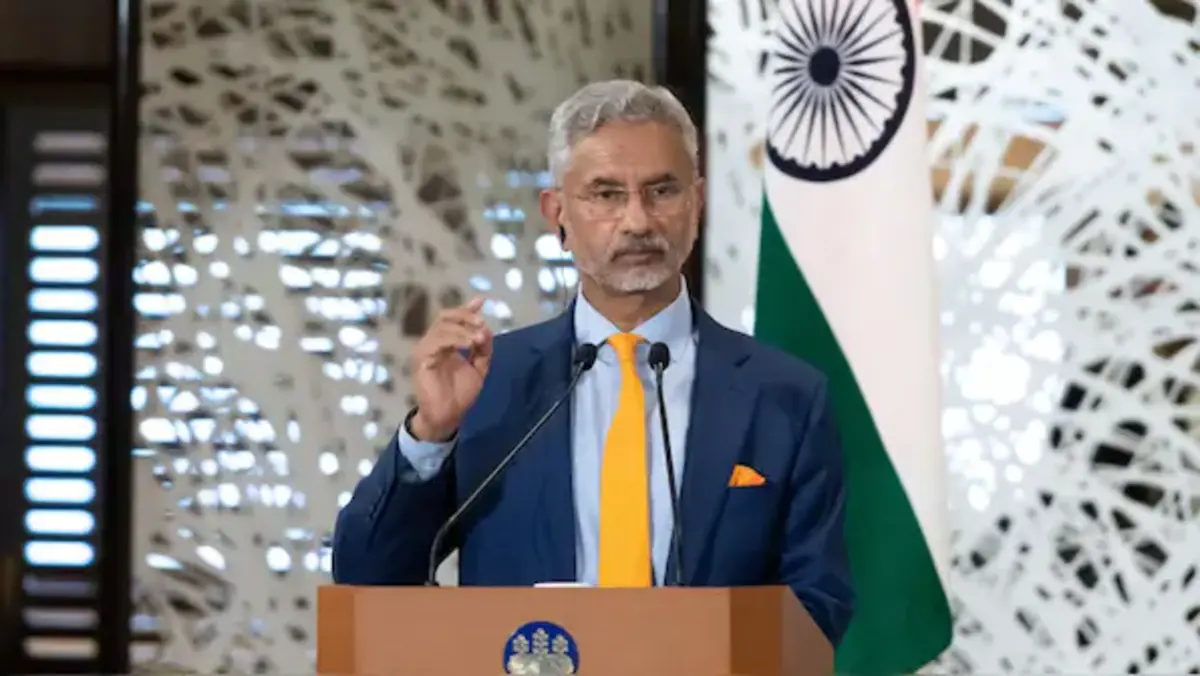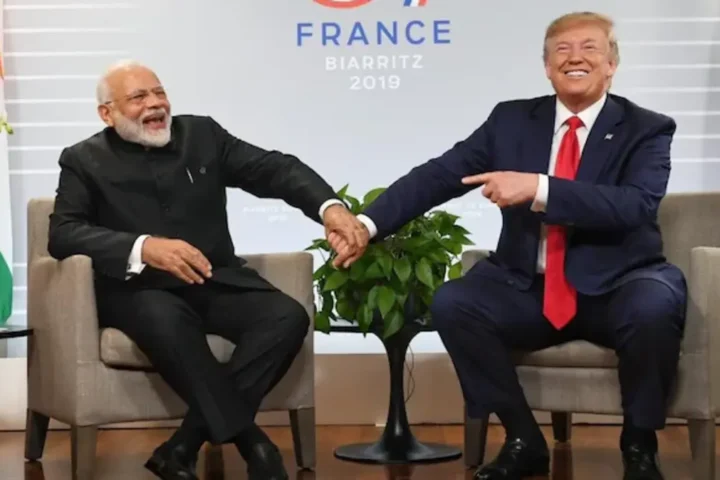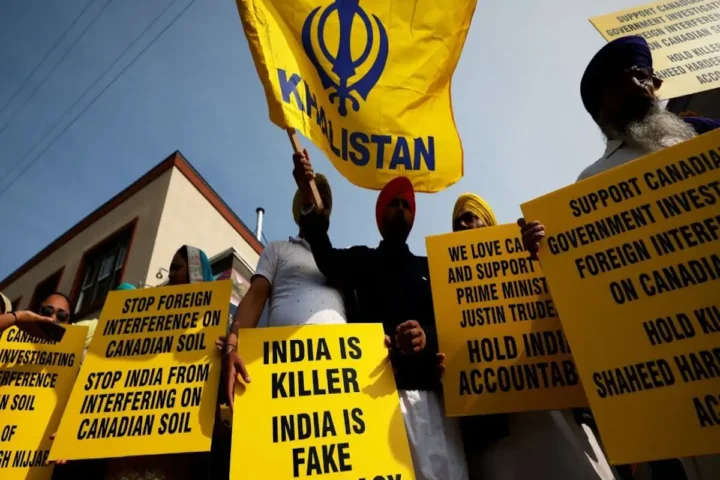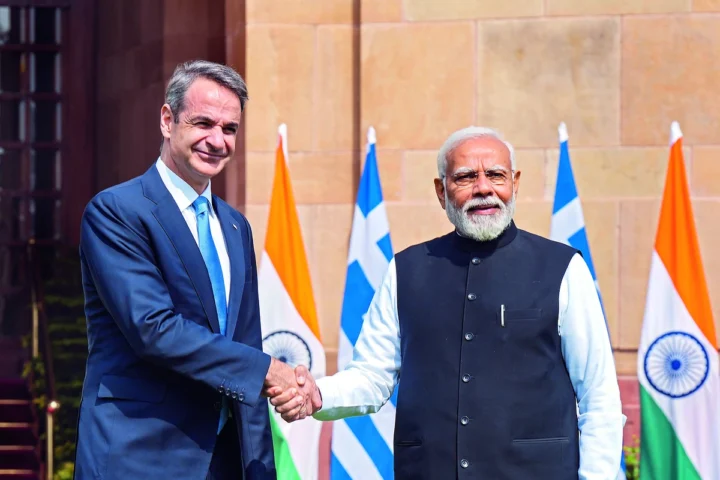India’s External Affairs Minister, S. Jaishankar, plays a pivotal role in shaping the diplomatic landscape of Asia through India’s participation in the Shanghai Cooperation Organization (SCO). His involvement highlights India’s commitment to regional stability, strategic partnerships, and multilateralism in Asia. Here’s how his participation influences Asia’s political diplomacy:
1. Strengthening Multilateralism
The SCO brings together key Asian powers like China, Russia, and Central Asian states, along with Pakistan and India.
Jaishankar’s participation will help reinforce India’s stance on addressing regional security, counterterrorism, and economic cooperation, demonstrating a preference for regional solutions to shared challenges.
2. Balancing Relations with China and Russia
Amidst various wars and ongoing disputes, it become extremely important for India to balance relations between China and Russia . India’s relations with China are already strained while its ties with Russia have traditionally been strong.
Jaishankar’s presence at the SCO allows India to navigate these complex relationships within a multilateral framework. It offers an opportunity to engage diplomatically with China, while maintaining and strengthening India-Russia relations, especially in the context of shifting global alliances due to the Ukraine and Iran-Israel war.
3. Managing India-Pakistan Relations
Apart from just spoken or talked upon, historically India-Pakistan relations have never sweetened to any degrees. It can be just an another platform for diplomatic dialogues.
Although direct bilateral talks may not occur, the multilateral setting encourages cooperation on common issues, potentially easing tensions.
4. India’s Strategic Ambitions in Central Asia
India’s can enforce focus on Central Asia, a region critical for energy security, trade, and geopolitical influence. Through the SCO, India is positioning itself as a key player in enhancing connectivity with Central Asian nations, particularly through initiatives like the International North-South Transport Corridor (INSTC), which aims to improve trade routes between India, Russia, and Central Asia.
5. Broader Regional Influence
India can enhance its influence not only in South Asia but across broader Eurasia. By engaging with China and Russia on issues such as terrorism, Afghanistan’s stability, and climate change, India can assert its role as a stabilizing force in the region and as a counterbalance to Chinese dominance in Asia. His participation at the SCO thus enables India to shape the regional agenda and promote a multipolar world order.
Conclusion
Jaishankar’s active engagement in the SCO signifies India’s strategic diplomacy in managing relations with rival and partner nations alike, while contributing to regional stability. His participation enhances India’s diplomatic leverage in key areas, allowing it to play a leading role in shaping Asia’s political and economic landscape within a multilateral framework.







